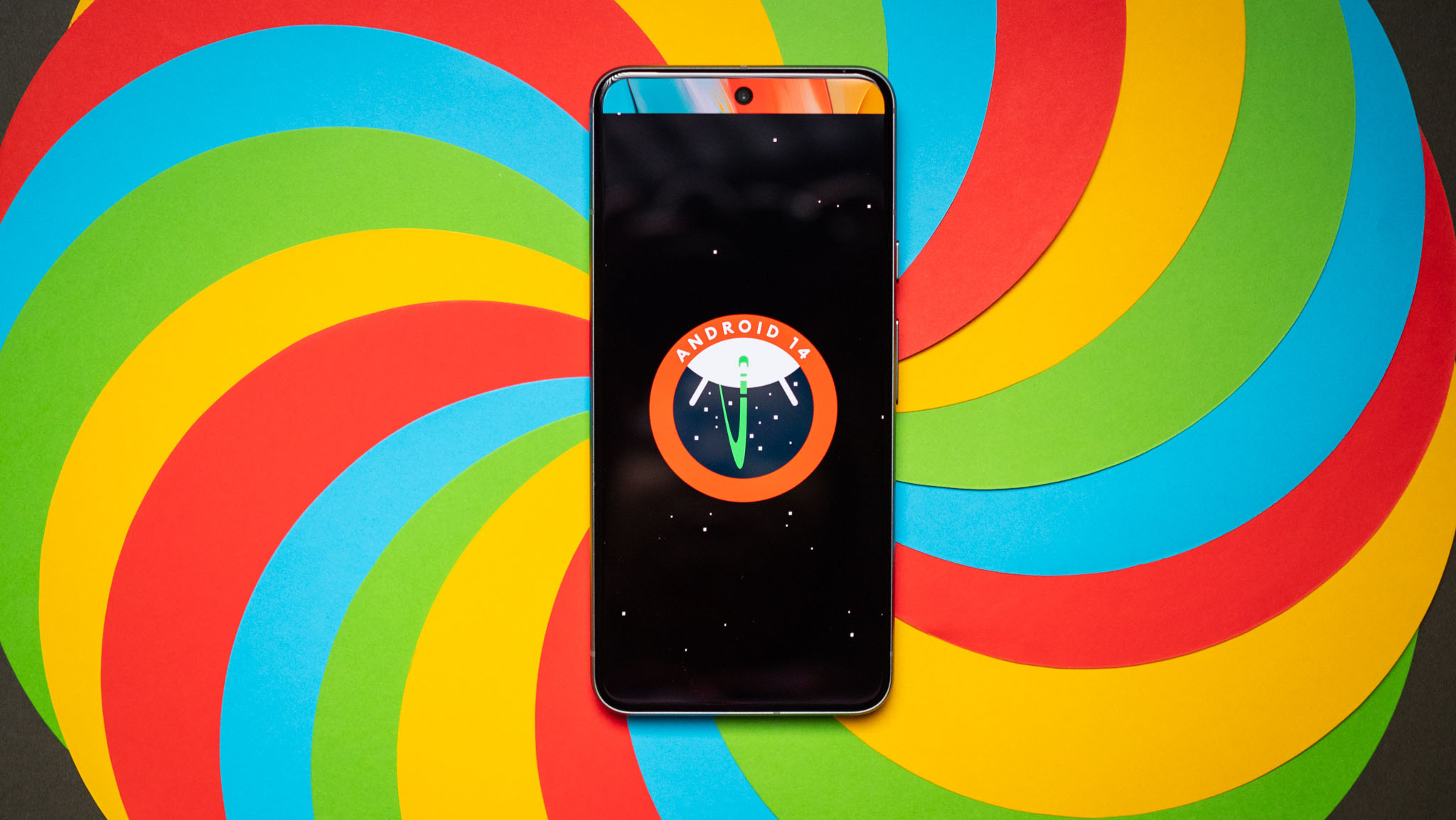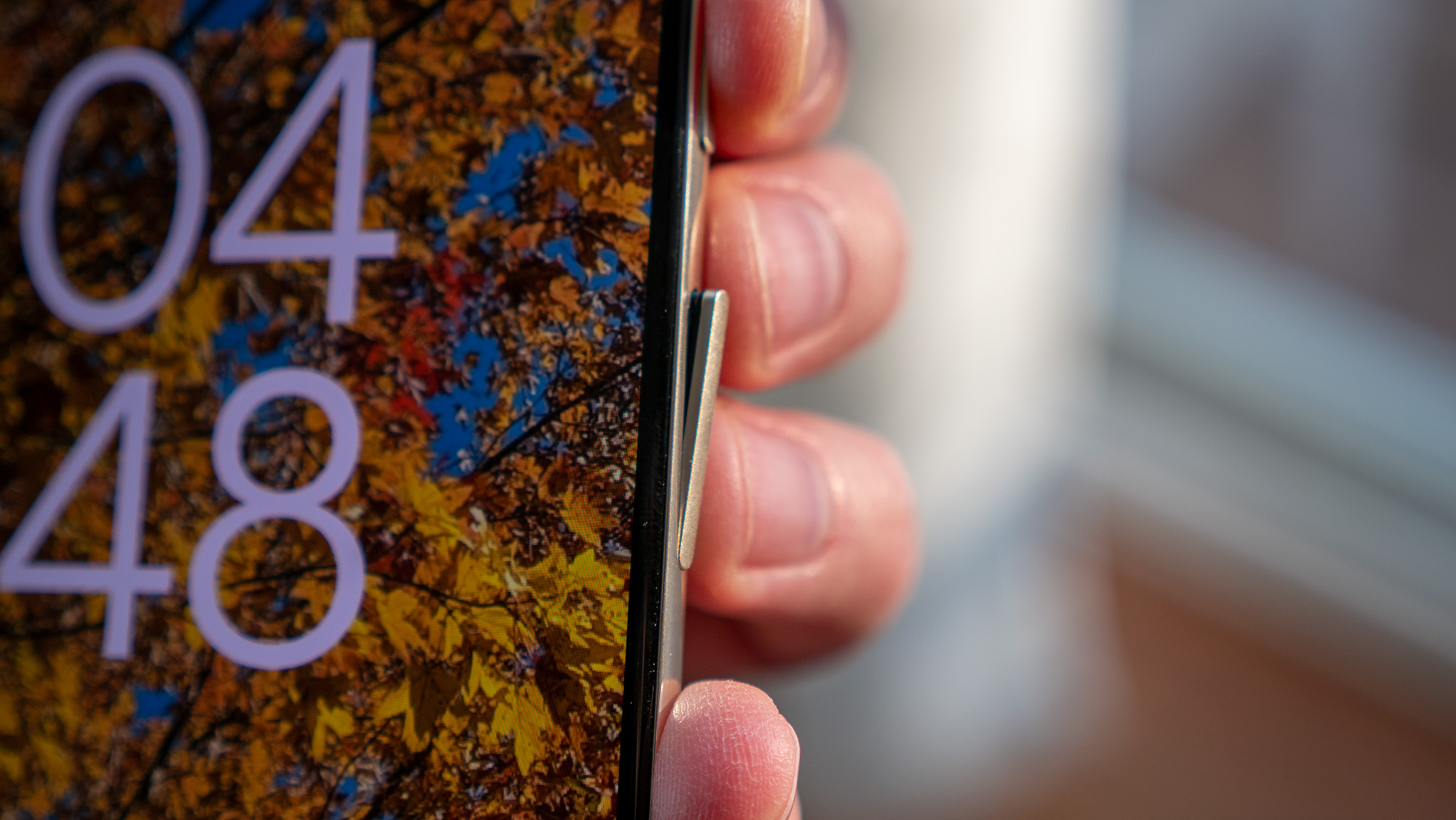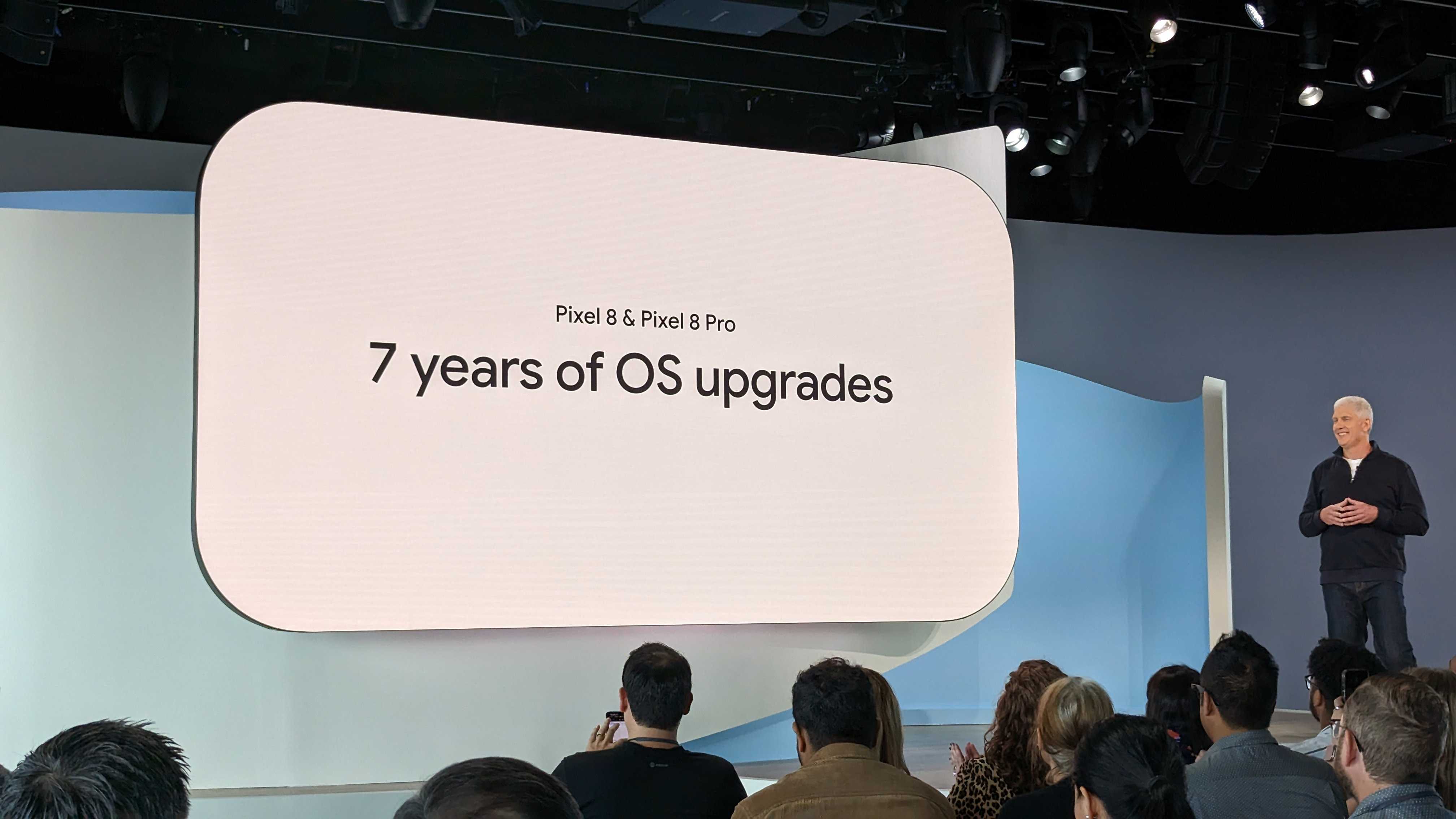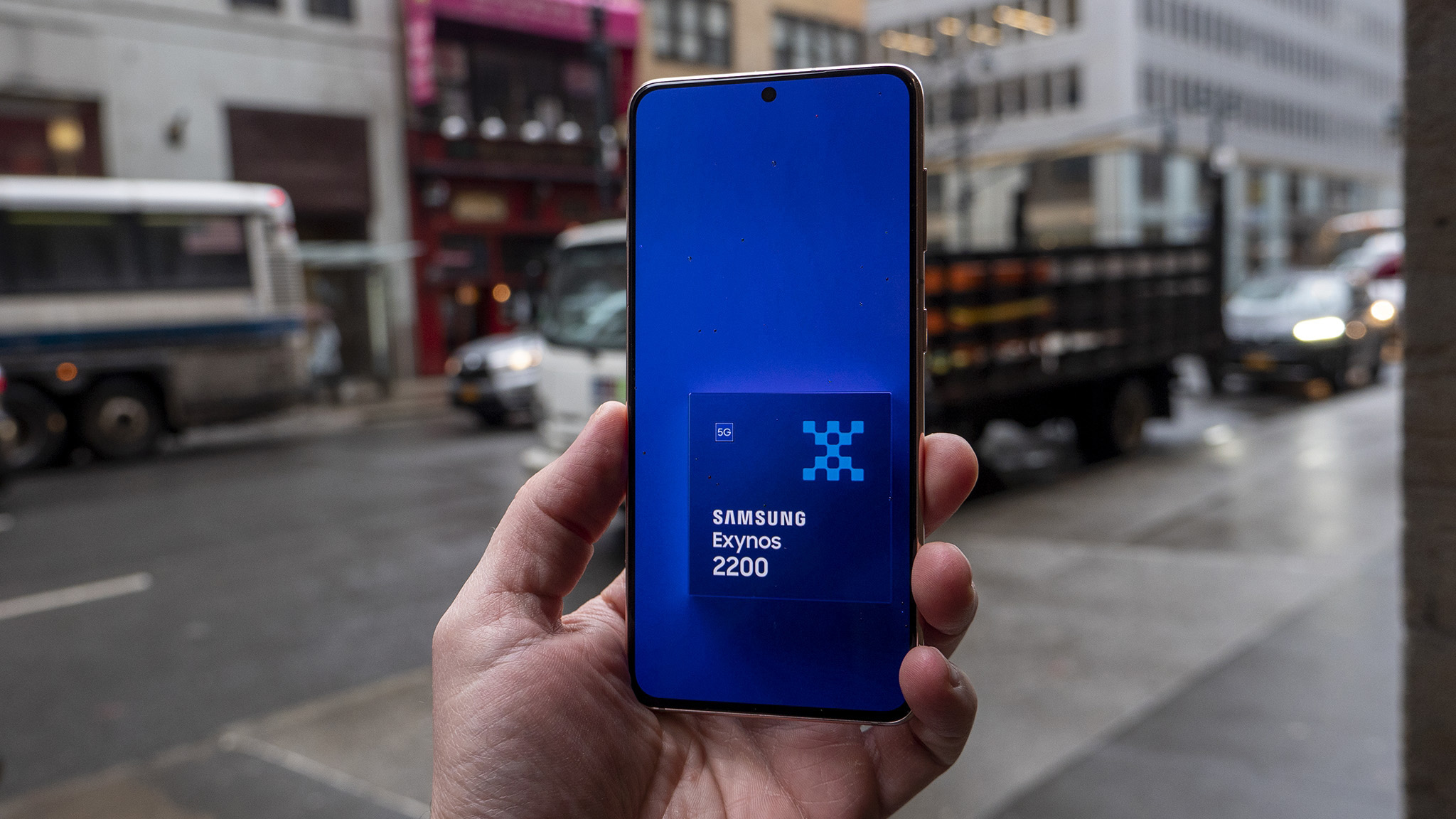

Beyond the Alphabet is a weekly column that focuses on the tech world both inside and out of the confines of Mountain View.
Looking past the ever-growing list of projects, products, and services being added to the Google Graveyard, it seems as though Google has finally hit its stride. At least when it comes to the smartphone, the Pixel 8 and 8 Pro almost feel as though they are completely different compared to their predecessors.
For years, we've seen, experienced, and heard all of the various problems that have plagued different Pixel devices. Making matters worse, the issues that some people had are wildly different than others, despite everyone using the same phone. Arguably the biggest example of this, or at least the one that caused the most headlines, was the Pixel 6 and 6 Pro.

There wasn't anything fundamentally wrong with the design, as it ushered in a new generation of Pixel phones. Instead, all of the problems were found with the "meat" of the Pixel's glass and aluminum chassis. As my colleague Namerah points out in a recent Pixel 6 retrospective, of sorts, you'll still find issues with the fingerprint sensor, Bluetooth, Wi-Fi, and so much more.
The Pixel 7 solved some of those problems but arrived with a few more of its own, and it's frankly too soon to tell with the Pixel 8 series. There's one common denominator, and that's the Google Tensor chip. Even still, something hasn't exactly felt right considering how many problems continue to plague owners of a device that's not even three years old.
So when Google came out and promised seven years of software support for the Pixel 8, I had mixed emotions. On one hand, this is something that Google should have done from the beginning, instead of letting Samsung steer the ship for years. And, I couldn't be happier to see Google make this kind of commitment, even if that means that the $1,800 Pixel Fold won't be officially supported for as long as the $699 Pixel 8.

On the other, Namerah's recent piece about the Pixel 6 serves as an enormous warning sign of what could come. While there haven't been quite as many reports surrounding issues with the Pixel 8, that doesn't mean they aren't just lying in wait. The Tensor G3 is manufactured on a newer 4nm process compared to the previous two iterations. This promises better performance, along with improved efficiency, but is still essentially a custom version of a Samsung Exynos chip.
All of the problems suffered by the Pixel 6 and Pixel 7 were also the same issues found when some of the best Samsung phones were powered by Exynos chips. Usually, these problems "only" appeared in different areas of the globe, as Samsung would rely on Qualcomm chips for North American models. Nevertheless, understanding a bit of the background might give you a better idea of where to point the blame.

I'm not here to say that the Pixel 8 and 8 Pro will suffer the same fate. Nor am I saying that you should just snicker and roll your eyes when Google says it will support its latest phones for seven years. What I am saying is that you should temper your expectations, and maybe come up with a backup plan if something does happen with the latest crop of Pixel phones.
I'm still hoping that Google can, one day, take on the latest Snapdragon chips, and more importantly, take on the iPhone. Without compromise. We're probably still at least another year away from that happening, as Google is rumored to be making the move to TSMC with the Pixel 10. That decision might end up opening a completely separate can of worms, but I'm not going to put the cart before the horse.
The question we have to ask ourselves is whether we can actually trust Google to make good on its promise. You can already buy authentic replacement parts from iFixit, if you're feeling bold enough to repair your phone. But, that won't help you if the internals of the phone can't even last two or three years, let alone seven.







